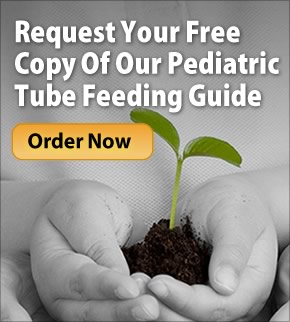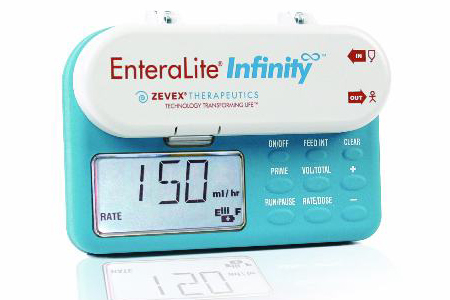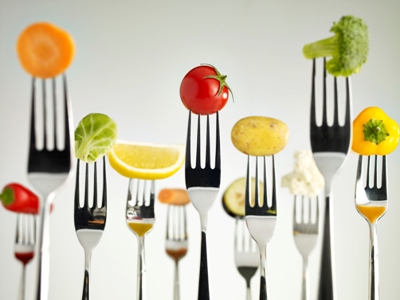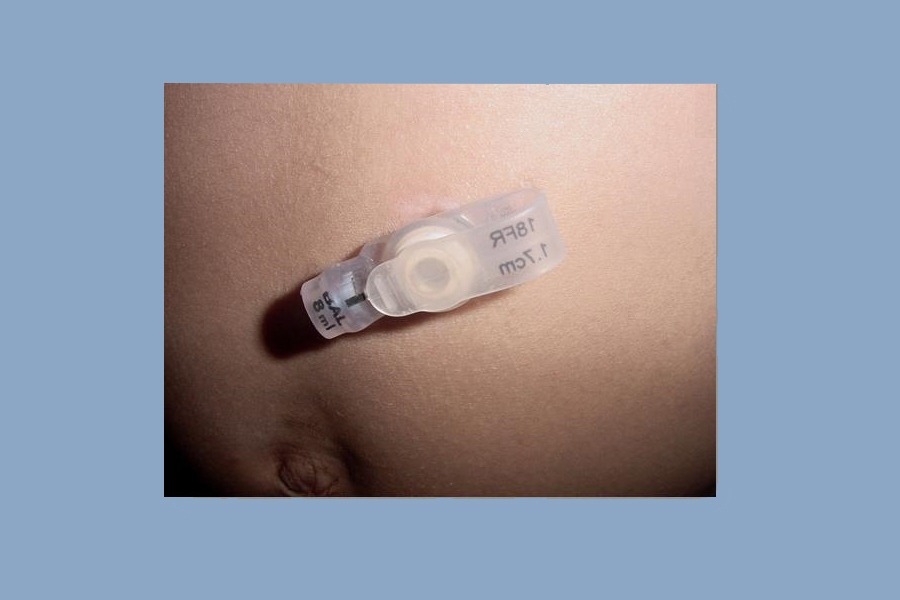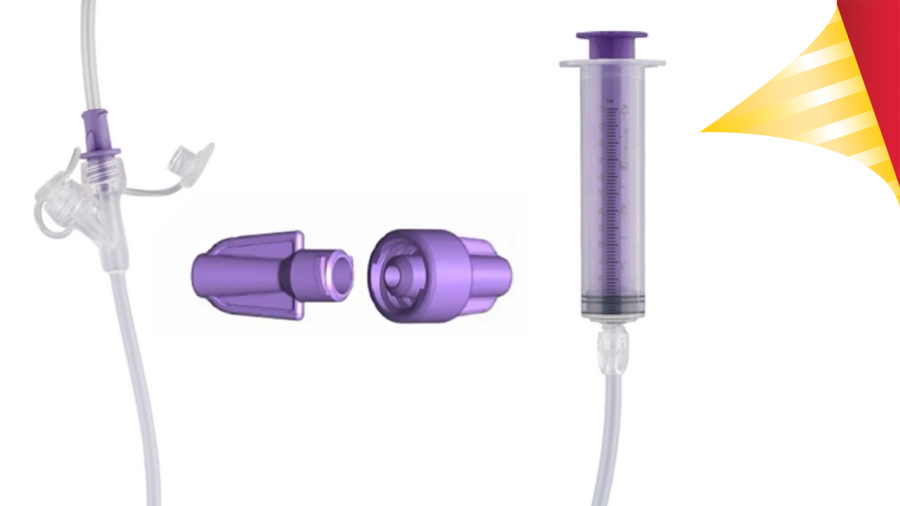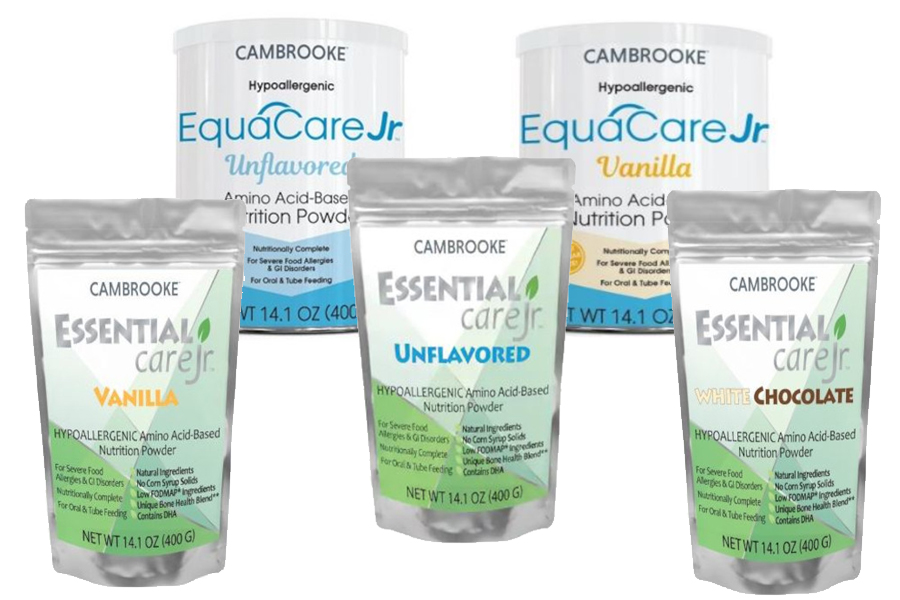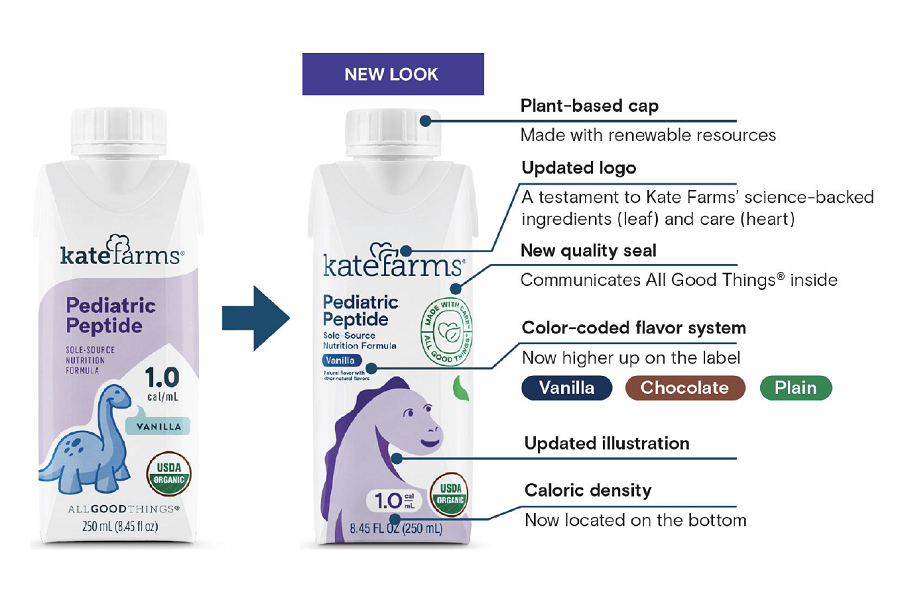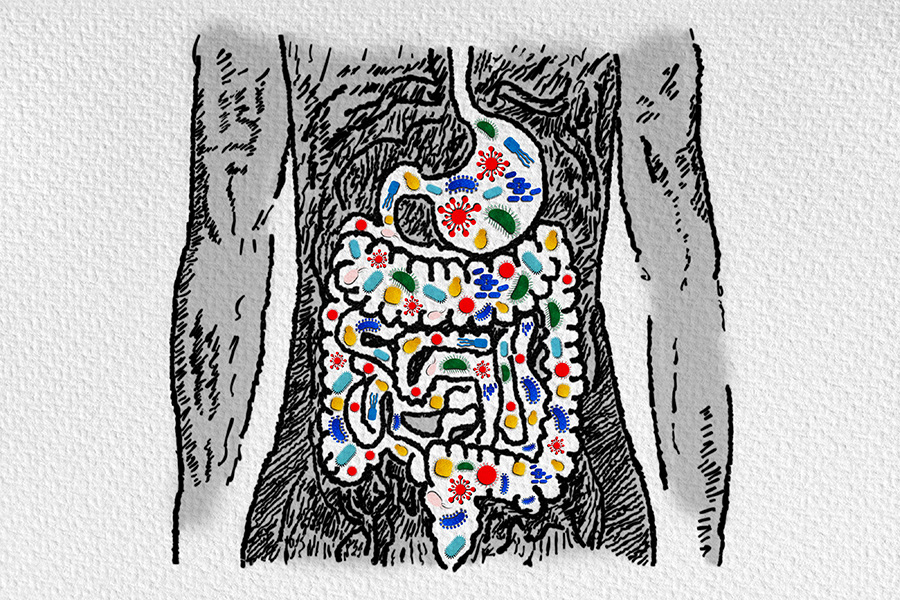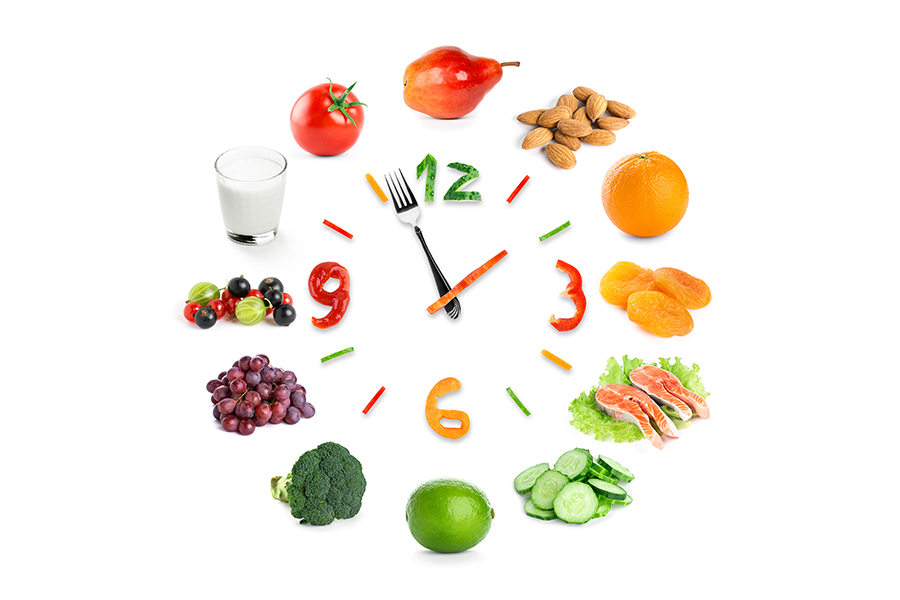The Mediterranean diet is a healthy option for anyone, but particularly those with heart problems. Along with heart health and potential weight loss, there are many benefits to this diet:
- Reduced risk of heart disease
- Reduced levels of bad cholesterol
- Reduced risk of cancer
- Reduced risk for Parkinson’s and Alzheimer’s disease
- Reduced risk for other chronic diseases
What to Eat:
- Vegetables (broccoli, eggplant, spinach, others)
- Fruits (apples, figs, melons, etc.)
- Nuts and seeds, such as almonds, macadamia nuts, pepitas
- Nuts are a key component of the Mediterranean diet. Because they are high in calories, stick to about a handful a day if you’re watching your calorie intake. Limit candied, honey-roasted or salted nuts.
- Legumes (beans, lentils, peanuts)
- Tubers (potatoes, yams, etc.)
- Whole grains
- Breads and crackers with whole wheat flour as the first ingredient, brown rice, quinoa, and other minimally processed grains
- Fish and seafood
- Fatty fish, like mackerel, albacore tuna and salmon are good sources of omega-3 fatty acids and an important part of the Mediterranean diet.
- Poultry
- Eggs
- Dairy i.e., low fat milk, cheese, Greek yogurt
- Herbs/spices (garlic, basil, nutmeg, etc.)
- Healthy fats, such as avocados, olive oil, avocado oil
- While most diets you hear about focus on cutting fat from your diet, the Mediterranean diet focuses on making wise choices about the types of fat you consume. Olive oil is the primary source of fat in this diet – it provides monounsaturated fat – which can reduce cholesterol levels, especially when used in place of saturated/trans fats.
- Unsweetened beverages, such as water, coffee and tea
- Moderate alcohol consumption has been associated with a reduced risk of heart disease. The Mediterranean diet suggests no more than 5 ounces of wine daily for women and no more than 10 ounces for men (under age 65).
What to Limit:
- Simple sugars (in soda, candy, etc.)
- The salt shaker
- Refined grains (white bread, white rice, etc.)
- Trans-fats, found in some processed foods (look for partially hydrogenated oils in the ingredients list)
- Red meat i.e., beef or lamb
- Processed meat (hot dogs, lunch meats, etc.)
- Highly processed foods
- Beverages with sugar or artificial sweeteners
More Articles on Eating Healthy:
- Build Bone Strength: Foods with Calcium and Vitamin D
- Eat Seasonal: Winter Produce Guide
- Whole Grain: Why You Need It + Recipes
- Anti-Inflammatory Diet: How to Reduce Inflammation with Nutrition
- Kids and Vegetables: Nine Tips to Get Them to Eat More
Sources:







